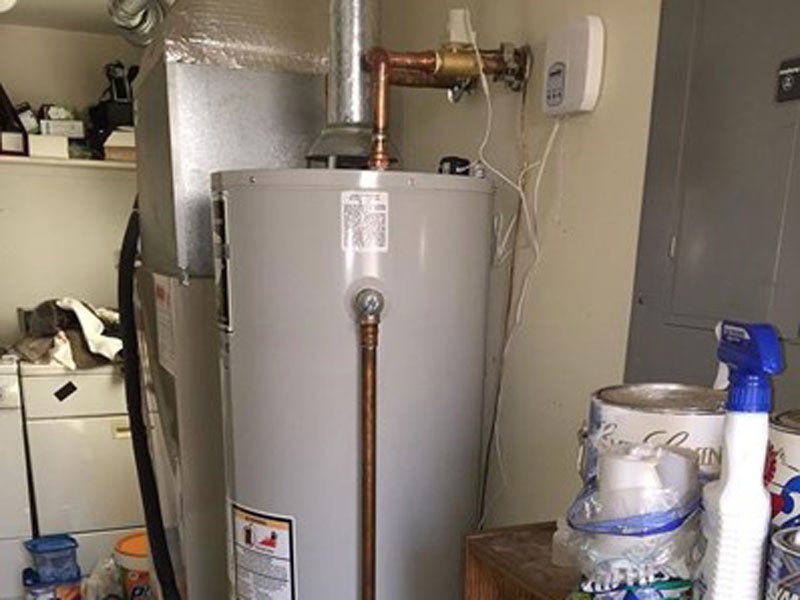A Homeowner’s Guide to Prevent Plumbing Problems

When you’re a homeowner, one of your most important jobs is keeping up with the plumbing. Plumbing problems are no fun to deal with, but if you’re prepared and aware of some common issues that can arise, it’s easier to prevent them from happening at all.
In this guide, we’ll walk through some tips for preventing plumbing problems throughout your home. Stay with us to learn more about what you need to do to prevent common plumbing problems.
Don’t Flush This
Flushing non-biodegradable items can cause plumbing problems.
- Diapers, tampons, sanitary pads and other personal care products are not meant to be flushed down the toilet. Instead, they should be placed in a trash bag and thrown away.
- Never flush medications or anything else that could harm the environment, including paint (including oil-based paints), motor oil and batteries. These products could pollute local water supplies and harm wildlife if they weren’t properly disposed of before reaching the sewer system.
- Never flush food scraps like meat or vegetable peels, grease or other waste products down your drain—it will only clog your pipes faster!
Watch What You Put Down Your Drain
Every drain in your home should be used only for water. Do not put anything else down the drain, including grease, oil, food products, chemicals and paint thinners.
Grease can cause clogs and backups in your sewer pipes. Food particles that go down the drain can accumulate on the pipe walls and eventually lead to a blockage of sewage flow. If you need to dispose of food waste or grease from cooking meals at home, use a garbage disposal unit.
Chemicals such as cleaners or detergents can damage pipes over time, causing leaks under sinks and toilets. They also contain harmful chemicals that could contaminate groundwater if they end up in storm drains or sewers by mistake.
Look for Leaks Everywhere
After you’ve checked the most obvious sources of water, take a look at your yard. If there is an area of ground that remains wet all year round, this could be a sign of a leak in your plumbing system.
Additionally, check your basement. If it’s always damp or has patches of mold and mildew on the walls, there may be leaks in your pipes that are allowing moisture to seep into the surrounding soil. The same goes for inside your home—if you have water damage on your basement walls or foundation, it could mean that there’s a leak somewhere underground and mold spores are growing in those areas where moisture collects.
Practice Prevention with Water Heaters
The first step to preventing plumbing problems is to keep your water heater clean and in good working order. It’s also important to practice prevention with water heaters by installing a water heater blanket, keeping the thermostat set at 120 degrees Fahrenheit or lower and setting up a timer that will automatically turn off your hot water tank when you’re not using it.
If your family has a lot of people who take long showers or baths, you may want to purchase an energy-efficient model that provides plenty of hot water for everyone without having to wait for it to heat up again.
Keep Your Drains Clear
If you want to keep your drains clear, you’ll need to use a few different tools. The most common way is with a plunger, which looks like an oversized cup on the end of a long stick. You put it over the drain and then push down until the air that’s trapped in there gets pushed out. If this doesn’t work, try using a plumber’s snake or auger instead—these are similar but have more power and can get through even more difficult clogs.
There are also special tools called rods that allow homeowners to clear out their own clogs from inside their homes without having to call in professional help every time something gets stuck in their plumbing system!
Get Your Pipes Winter-Ready
Winter is a time for cozy fires, warm cocoons, and hot chocolate. However, it also can be a time when you need to worry about pipes freezing.
To prevent this from happening, you should:
- Check for leaks in your home’s plumbing system. If there are any leaks, they should be repaired immediately—you don’t want water to run down the walls or floors during the coldest part of winter!
- Insulate pipes with blankets or towels. This not only helps keep them warm but also keeps out excess moisture that may contribute to freezing temperatures. You’ll want to wrap one layer around each pipe (including those found in your basement), starting at the top and working your way down as far as possible before adding another layer on top of it if needed – just make sure that none are touching each other since this could cause problems later on when trying tuck everything back into place again after winter ends has passed.”
Some Additional Tips to Follow
The additional tips below will help sort your plumbing system:
- Flush only one sheet of toilet paper down the toilet at a time, and never flush anything else down there.
- Don’t pour cooking oils or other fats down your drain or garbage disposal because they can clog your pipes and cause damage to the system over time (which will cost you money).
- Don’t pour harsh chemicals—like bleach—down drains either, as these products can weaken the strength of your pipes over time (and again, cost you some cash).
- Never put anything other than food waste into your garbage disposal unit; doing so could introduce harmful bacteria into your plumbing system that could lead to serious health issues for residents if it gets back into their drinking water supply!
We hope that this guide has given you some insights into how to keep your plumbing healthy. Whether it’s by preventing a blockage or avoiding high water bills, there are steps you can take now to avoid problems down the road. As winter approaches, make sure your pipes are ready for it and avoid frozen
pipes with these tips! Get in touch with us to winterize your plumbing and stop recurring problems from popping up this season.
RECENT POSTS
categories
Archives
2024
2023
2022
2021
2020
2019
- December (2)
- November (2)
- October (2)
- September (2)
- August (2)
- July (2)
- June (2)
- May (2)
- April (2)
- March (2)
- February (2)
- January (2)

